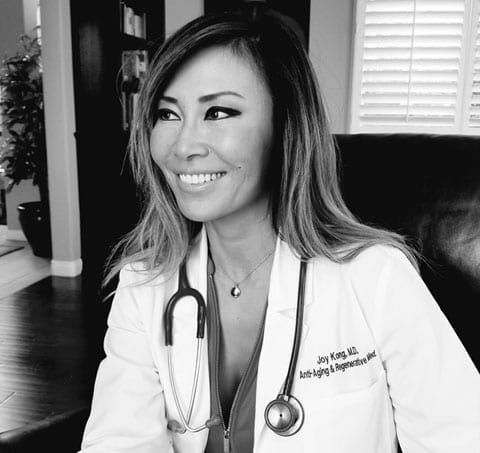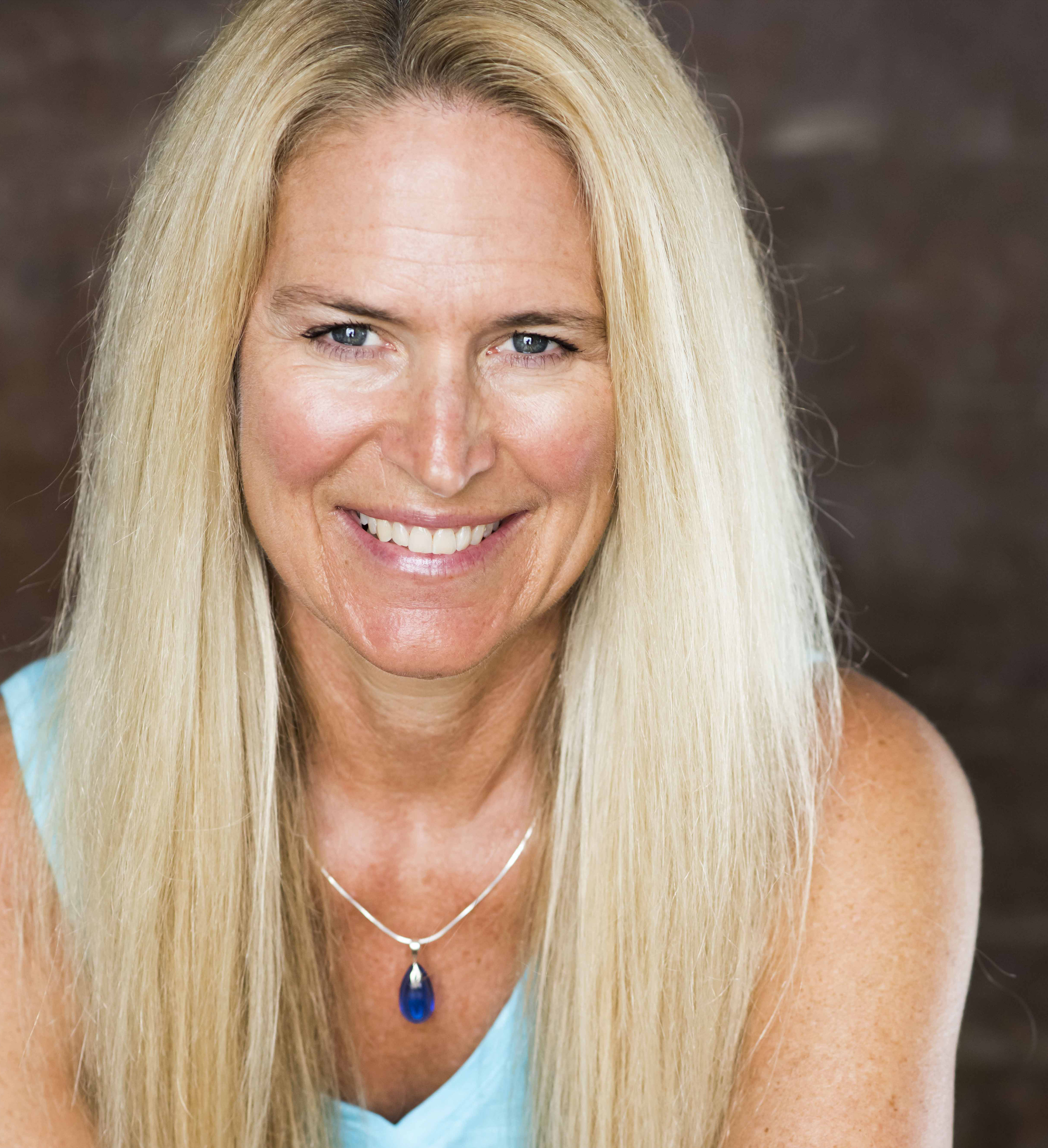How does stem cell therapy work?
Stem cell therapy has been utilized by parents of children with autism for its ability to modulate the immune response by slowing or stopping pathological immune responses, and having the ability to be antigen specific. It also assists with the defect in T cell numbers associated with autism.
The lymphatic system are organs of the immune system with circulatory vessels and lymph nodes that transport bacteria fighting white blood cells to sites of infection in the body. Bone marrow of certain bones such as the pelvic bone, produce specialized cells that circulate throughout the immune system.
There are two major types of lymphocytes, B cells that attach to foreign substances to mark them as targets for destruction by other cells, and T cells that can attack and destroy cells. T cells have the additional advantage of coordinating overall immune response.
Is stem cell therapy safe?
Stem cell therapy transports the bone marrow from healthy individuals to those in need of immune regulation. This can be safe, if done correctly. This is important to note that not all stem cell therapy is done properly or ethically, and the bone marrow of unhealthy individuals has been used in many countries without proper regulation. There are unethical clinics doing this and charging extreme amounts of money to unknowing patients.
It is essential to be aware of foreign doctors from stem cell clinics holding numerous free seminars to recruit patients for their centers all over the United States. Is that legal? What precautions should parents take to not get roped in by dubious claims?
In my podcast interview with Dr. Joy Kong, specialist in stem cell therapy, we discuss these issues and how to know where you can go to find quality stem cell therapy from reputable and knowledgeable doctors.
From The Journal of Translational Medicine BioMed Central
Review: Stem Cell Therapy for Autism, Thomas E Ichim1, Fabio Solano2, Eduardo Glenn2, Frank Morales2, Leonard Smith2, George Zabrecky3 and Neil H Riordan*1,4
Stem cells are routinely generated by culture of bone marrow in various culture media and collection of the adherent cell population. This expansion technique is sometimes used in combination with selection procedures for markers described above to generate a pure population of stem cells. An important characteristic of mesenchymal stem cells is their ability to constitutively secrete immune inhibitory factors such as IL-10 and TGF-b while maintaining ability to present anti- gens to T cells [122,123].
Administration of mesenchymal stem cells inhibits antigen specific T cell responses in the murine model of multiple sclerosis, experimental autoimmune encephalomyelitis, leading to prevention and/or regression of pathology [131]. Safety of infusing mesenchymal stem cells was illustrated in studies administering 1–2.2 × 106 cells/kg in order to enhance engraftment of autologous bone marrow cell. No adverse events were associated with infusion, although level of engraftment remained to be analyzed in randomized tri- als [132].
This is believed to further allow inhibition of immunity in an antigen specific manner, as well as to allow the use of such cells in an allogeneic fashion without fear of immune-mediated rejection. Antigen- specific immune suppression is believed to allow these cells to shut off autoimmune processes. Read the full review here.
Joy Kong, M.D. Founder & Medical Director of Thea CRM
Graduated as a valedictorian from San Francisco State University, Dr. Kong completed her medical training at UCLA School of Medicine. As the result of her intense interest in the human brain, she specialized in psychiatry, and worked at a Veterans Affairs hospital and LA county hospital, and helped countless patients in dire needs. While working in the hospital ER and in county clinics, she realized the futility of trying to treat someone without examining the person in a holistic manner, which lead to her interest in integrative medicine. She believes in respecting the complexity of our own microcosm and taking into the account its interactions with the environment. She implemented such holistic approaches while being the medical director of several alcohol & drug rehab centers in Los Angeles.
Dr. Kong has consulted with many regenerative medicine experts from around the world, and has lectured internationally on stem cell therapy. Dr. Kong is a member of American Academy of Anti-Aging Medicine, certified in advanced cellular therapeutic protocols, is board-certified by American Board of Psychiatry and Neurology, and American Board of Addiction Medicine. She is also the president of American Academy of Integrative Cell Therapy, and an avid educator, helping physicians to become fully trained in the science and practice of regenerative medicine. Dr. Kong’s websites are, charabiologics, and theacrm.com.
Watch Dr. Kong’s Youtube lecture, “Are All MSC’s Created Equal?”
122. LiuJ,LuXF,WanL,LiYP,LiSF,ZengLY,ZengYZ,ChengLH,LuYR,
Cheng JQ: Suppression of human peripheral blood lym- phocyte proliferation by immortalized mesenchymal stem
cells derived from bone marrow of Banna Minipig inbred-
line. Transplant Proc 2004, 36:3272-3275.
123. Togel F, Hu Z, Weiss K, Isaac J, Lange C, Westenfelder C: Adminis-
tered mesenchymal stem cells protect against ischemic acute renal failure through differentiation-independent mechanisms. Am J Physiol Renal Physiol 2005, 289:F31-42.
131. Zappia E, Casazza S, Pedemonte E, Benvenuto F, Bonanni I, Gerdoni E, Giunti D, Ceravolo A, Cazzanti F, Frassoni F, et al.: Mesenchymal stem cells ameliorate experimental autoimmune encephalo- myelitis inducing T-cell anergy. Blood 2005, 106:1755-1761.
132. Koc ON, Gerson SL, Cooper BW, Dyhouse SM, Haynesworth SE, Caplan AI, Lazarus HM: Rapid hematopoietic recovery after coinfusion of autologous-blood stem cells and culture- expanded marrow mesenchymal stem cells in advanced breast cancer patients receiving high-dose chemotherapy. J Clin Oncol 2000, 18:307-316.
Get Your Free Food Guide!
Quickly Reduce Your Child’s Symptoms of Autism by Eliminating 7 Foods Most People Consume Daily!
The first crucial step of autism recovery is to begin restoring health to the gut and the immune system.
The health of the gut is directly linked to the health of the brain and therefore to the symptoms of autism. In fact, 80% of the immune system comes from the gut so if the gut is not healthy, then the brain can’t thrive, and the immune system is compromised. It’s a vicious cycle, but thankfully, it’s one that we can put an end to by first eliminating harmful foods.
- Harmful Foods: Identify the foods that worsen autism symptoms and understand the science behind their impact.
- Smart Food Choices: Learn about easy dietary swaps that can significantly enhance sleep, clarity of thought, and emotional well-being.
- Practical Implementation: Get valuable tips on how to implement these dietary changes easily and effectively.
This is for informational purposes only and is not meant to diagnose or treat. Every child’s level of recovery is different. No two people are the same. It is never implied that all children will have the same outcome. Results are all based on individual biology and the work that is done. This process takes time and various steps, effort and resources need to be weighed. Our programs are intended to help you become more knowledgeable and guide you to help bring your child a better quality of life, whatever that may be. We want to help by giving great content, direction and strategies that move you forward. Nothing on this page or any of our websites is a promise or guarantee of results or future outcomes. The results on this page and any of our websites are not typical or promised. In fact, there will be people who purchase this and other programs and never put the work into implementing the strategies taught and therefore will achieve little to no results. Our more detailed earnings disclaimer, privacy policy, and terms and conditions for this program and website can be accessed via the links below. We hold ourselves (and you) to a high standard of integrity. We are cheering you on every step of the way.












